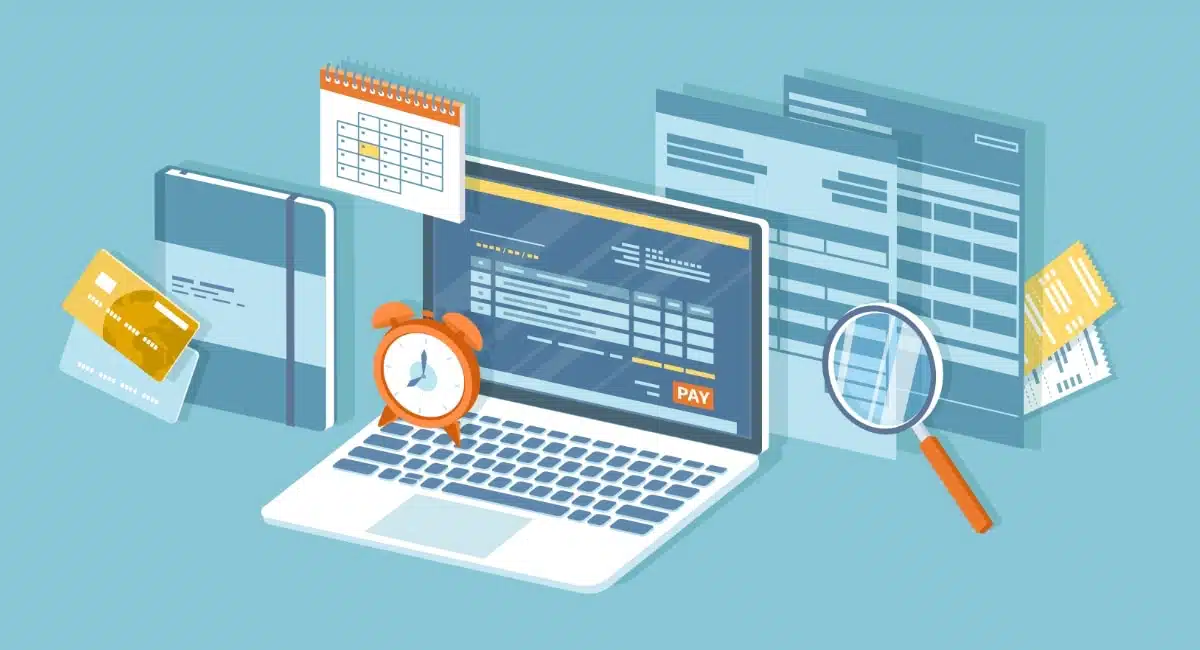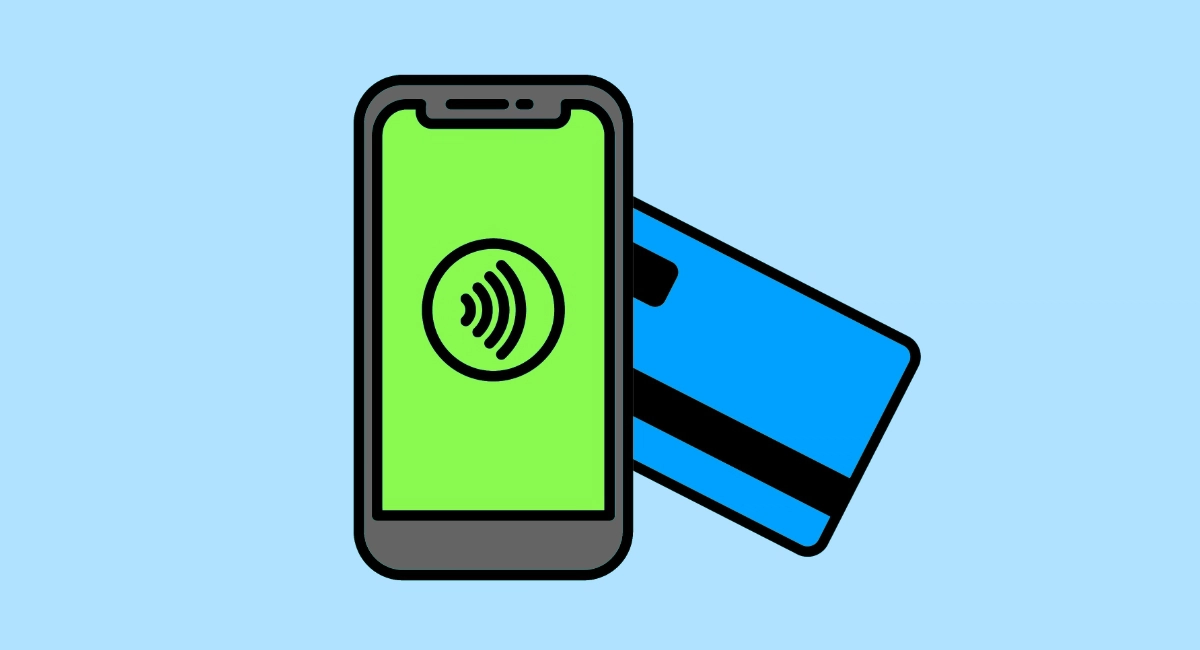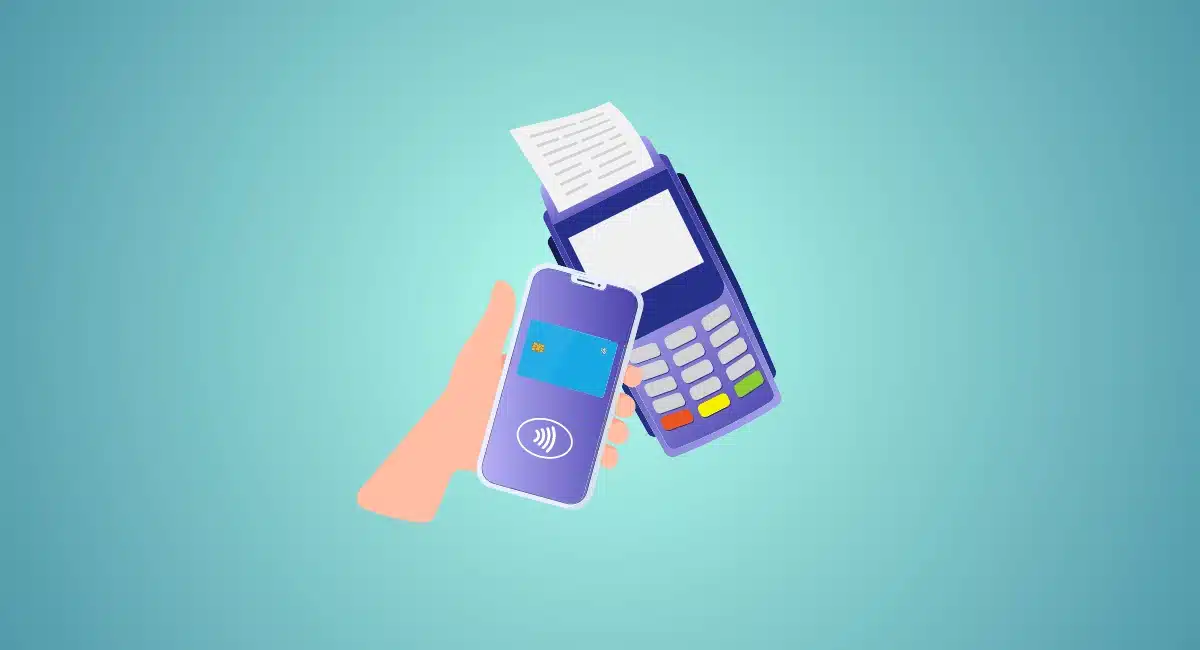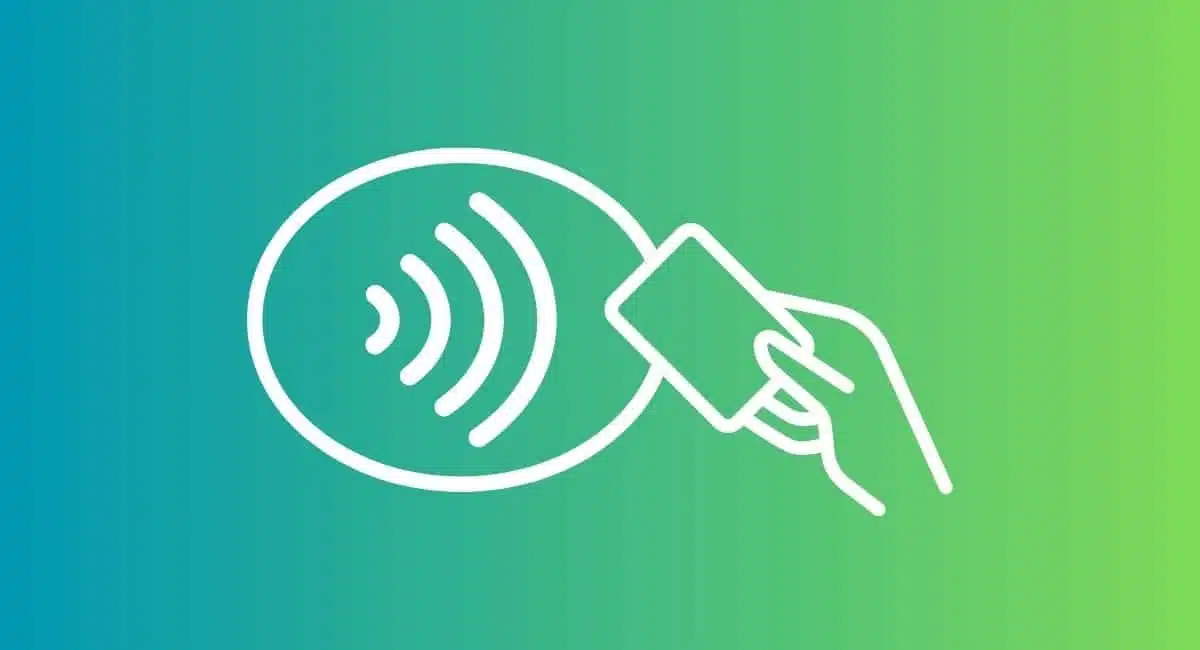Direct Debit is a common way to pay bills and subscriptions in the UK, in part because of the Direct Debit Guarantee guaranteeing consumers a refund for incorrect charges. Small businesses benefit from accepting it too, because:
- It gives them control to bill customers on time, every time.
- It’s one of the cheaper ways to receive payments.
- Recurrent billing can be fully automated, saving time on admin.
But how can a business owner set this up for customers? There are two recommended routes: through the bank or a third-party Direct Debit facilitator. In either case, the business needs approval from Bacs, whom you may submit Direct Debit requests to directly or indirectly.
Let’s have a look a the different ways businesses can set up and manage Direct Debit payments.
How to set up Direct Debits as a business owner
It used to be complicated to get permission to offer Direct Debits, with lots of back and forth between the business, bank and Bacs. Thankfully, it is now less painful to be accepted onto the scheme.
To start with the basics, Bacs is the company (owned by Pay.UK) running the Direct Debit system in the UK. Businesses must therefore comply with Bacs’ requirements to be legal, financially compliant and administratively capable in order to be accepted onto the scheme. You also need a bank account that accepts Direct Debits and has a bank account number and sort code.
You can either apply directly through your bank or choose a third-party service that does the setup steps for you.
Setting up through your bank
- Contact your bank: Get in touch with customer support to request Direct Debit acceptance. Every bank has their own communication channels (e.g. online banking chat, telephone, website form), so you’ll have to check their contact details. NatWest, for example, prefers that you talk to a Relationship Manager who will ask about your particular needs.
- Next steps: The bank will provide you with the relevant paperwork to submit and full information about next steps. This includes deciding how you wish to submit Direct Debit requests to Bacs (directly or indirectly), which depends on the size, resources and billing volume of your business. Once everything is submitted and agreed, you wait for approval which can take a few weeks.
When Bacs has approved your application through your bank, you will be able to use the relevant software and forms to manage Direct Debits.
Setting up through a third party
Instead of contacting your bank and waiting a couple of weeks, you can sign up with a Direct Debit facilitator such as GoCardless. This is usually a faster and more user-friendly process, and the administrative interface is also simplified.
To go down this route, just choose your preferred provider and sign up on their website. Every platform has their own interface and processing times for approval, so you’ll need to check this with them.
Creating and managing Direct Debit payments
Businesses can offer and handle the admin of Direct Debit payments in different ways, but the following general principles apply.
The customer always needs to consent to the business taking money from their bank account, typically through a Direct Debit instruction (also called Direct Debit Mandate) form the customer completes on paper, online or over the phone. This authorises the merchant to charge the account on a recurring or one-off basis, as long as proper notice has been given regarding payment dates and amounts.
The merchant can submit the following information on the form directly or indirectly to Bacs:
- Payment amount(s)
- Date(s) of charge(s)
- Bank account details
Those with large numbers of daily transactions may find direct submissions cheaper and faster, whereas smaller businesses with fewer payments tend to prefer using a service that submits instructions to Bacs on behalf of the business.
Bacs then sends the details to the customer’s and merchant’s banks who will save the information and schedule the payments to take place accordingly. The payer can cancel their Direct Debit with their bank at any time, and the merchant can also recall the payment instructions as long as their bank and Bacs are notified of it.
The merchant can submit payment instructions up to 30 days before the payment date and must always give proper notice (e.g. 10 working days) before the charge takes place. One-off Direct Debit payments don’t need an advance notice if the payer has authorised the charge.
The first payment submitted for a customer always takes longer – up to 10 working days – while subsequent payments take up to 3 working days to clear in the merchant’s account.
Indirect vs direct submitters
If the business signed up for a Bacs-approved Direct Debit bureau like Worldpay, FastPay or GoCardless, they are indirect submitters. This is what most small businesses choose to do, simply because the setup is simpler and integrates with accounting and useful automation tools.
For example, many payment providers automatically send advance emails to customers about upcoming Direct Debits, so the merchant doesn’t have to deal with this at all. If the software integrates with the company’s accounting system and business account, that also simplifies bookkeeping.
Lastly, some payment solutions make it very easy for customers to enter their bank details and authorise payments online (instead of through a traditional Direct Debit Mandate). This can make more customers sign up promptly, helping the merchants to get paid sooner.
Direct submitters, on the other hand, manage and submit instructions directly through the Bacstel-IP software. This is a more complicated setup requiring users to either access Bacs-approved software for Bacstel-IP or to use a website called “Bacs payment services”.
Alternative ways to accept recurring payments
If Direct Debit doesn’t work for you or your clients, there are a few other ways to accept payments on a recurring basis.
One is to set up a continuous payment authority (CPA), where the customer gives their written consent to being charged on a recurring basis. As opposed to Direct Debits from bank or current accounts, CPAs can charge credit cards too. That’s because the long card number is used, not an account number and sort code.
Alternatively, standing orders allow payers to schedule bank transfers of a fixed amount at regular intervals, such as weekly or monthly. However, the receiver is under no obligation to return any excess amounts transferred by mistake.
Bacs Direct Credit is another option for bulk payments, but this is only really used by larger organisations for e.g. salaries and state benefits.




